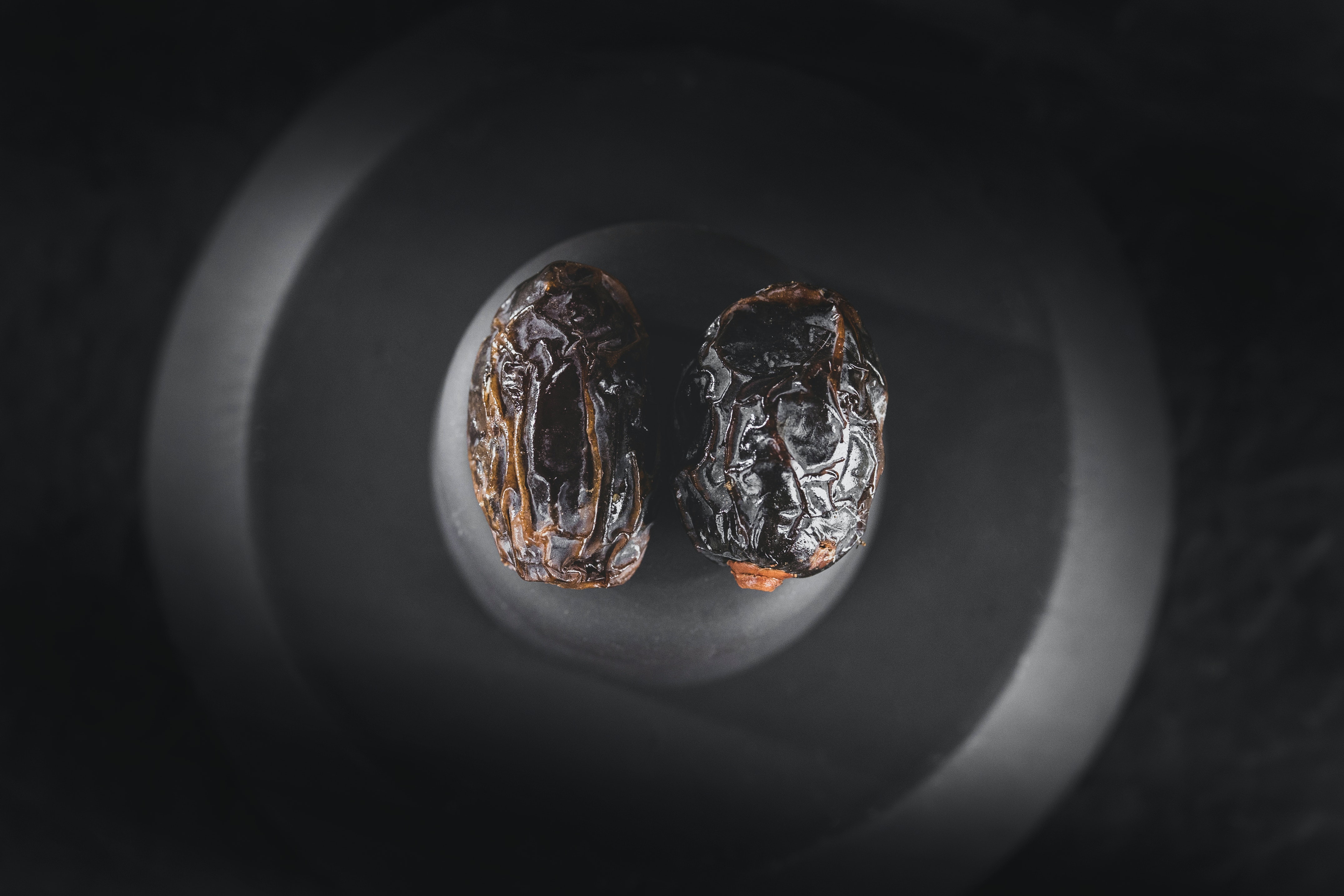Varicocele is a condition that affects many men worldwide. It refers to the enlargement of veins within the scrotum, similar to varicose veins that occur in the legs. While varicoceles are generally harmless, they can lead to discomfort and potentially affect male fertility. Understanding the causes, symptoms, and available treatment options for varicocele is essential for men who may be experiencing this condition. In this article, we will explore the basics of varicocele, its potential impact on fertility and sexual health, and the treatment options available. If you suspect you may have a varicocele or are concerned about its potential effects on fertility or sexual health, it is recommended to consult with a healthcare professional, such as a sexologist or a urologist specializing in male fertility treatment. They can provide a proper evaluation, diagnose the condition, and discuss appropriate management options based on your specific situation. By seeking expert advice, you can address any concerns you may have regarding varicocele, erectile dysfunction, or male fertility, and receive the necessary guidance for optimal sexual health and reproductive well-being.
What is Varicocele
Varicocele is the abnormal enlargement of the veins within the scrotum, resulting in a network of dilated veins. It typically occurs on the left side but can also affect both sides of the scrotum. The exact cause of varicocele is not fully understood, but it is believed to be related to faulty valves within the veins, which impair blood flow and causes the veins to enlarge.
What causes Varicocele
The exact cause of varicocele is not fully understood, but it is believed to be primarily due to problems with the valves within the veins of the scrotum. These valves are responsible for maintaining proper blood flow by preventing the backward flow of blood. When these valves become weak or faulty, it can lead to the accumulation of blood and the dilation of the veins, resulting in varicocele.
Some factors that may contribute to the development of varicocele include:
- Abnormal valve function: Faulty valves within the veins of the scrotum can allow blood to flow in the wrong direction, leading to the enlargement of the veins.
- Genetic predisposition: There may be a genetic component to varicocele, as it tends to run in families. Certain genetic factors may make individuals more prone to developing weak or dysfunctional valves in the veins.
- Increased pressure in the veins: Increased pressure within the veins can contribute to the development of varicocele. This pressure can result from activities or conditions that increase abdominal pressure, such as heavy lifting, chronic coughing, straining during bowel movements, or tumors pressing on the veins.
- Hormonal factors: Some studies suggest that hormonal imbalances, specifically changes in testosterone levels, may play a role in the development of varicocele. However, the exact relationship between hormones and varicocele is still being researched.

What are Varicocele Symptoms?
Varicocele may not always cause noticeable symptoms, and some men may be unaware of their condition until it is detected during a routine physical examination or fertility evaluation. However, when symptoms do occur, they can vary in severity and may include:
- Visible or palpable enlargement: A varicocele may cause the affected veins in the scrotum to appear enlarged, often described as a "bag of worms" sensation. This enlargement is typically more prominent when standing or straining and may decrease when lying down.
- Dull or throbbing pain: Some men may experience a dull, aching pain or discomfort in the scrotum. The pain may vary in intensity and may worsen over the course of the day, especially after prolonged standing or physical activity.
- Testicular discomfort: Varicocele can cause a feeling of heaviness or dragging sensation in the scrotum, which may be accompanied by a sense of testicular fullness or discomfort.
-
Testicular atrophy: In some cases, a long-standing varicocele may lead to testicular atrophy, characterized by the shrinking of the affected testicle. This may be associated with reduced sperm production and fertility issues.
Can Varicocele Affect Men's Fertility?
Varicoceles are a common cause of male infertility. The exact mechanisms by which varicoceles affect fertility are not fully understood, but it is believed to involve factors such as increased testicular temperature, hormonal imbalances, and oxidative stress. Varicoceles can impair sperm production, motility, and quality, potentially leading to reduced fertility or infertility.

Can a Varicocele Lead to Erectile Dysfunction?
While varicocele can potentially have an impact on sexual health, it is not typically considered a direct cause of erectile dysfunction (ED) (inability to achieve or maintain an erection sufficient for sexual intercourse).
Varicoceles can affect sperm production and quality. However, in some cases, varicoceles may indirectly contribute to sexual difficulties or changes in sexual function, which can be misconstrued as erectile dysfunction.
How Common is Varicocele in Men?
t is estimated that approximately 15% of all men and 40% of men experiencing infertility may have varicoceles. The condition often develops during puberty and is more commonly found in men between the ages of 15 and 35.
Varicoceles are most frequently observed on the left side of the scrotum, with fewer cases occurring on both sides or exclusively on the right side. The reason for this left-side predominance is not completely understood, but it may be related to differences in anatomy and blood flow within the scrotum.

Varicocele Treatment Options
Not all varicoceles require treatment, especially if they are not causing significant discomfort or fertility issues. However, if varicocele-related pain or infertility is a concern, several treatment options are available:
- Observation: In mild cases with minimal symptoms or impact on fertility, a "wait-and-see" approach may be recommended.
- Surgical Repair: Varicocelectomy is a surgical procedure that involves tying off or removing the affected veins to improve blood flow and reduce symptoms or fertility issues.
-
Embolization: In this minimally invasive procedure, a radiologist inserts a catheter into the affected veins and blocks them using tiny coils or particles to redirect blood flow away from the varicocele.
What is varicocele surgery?
Varicocele surgery, also known as varicocelectomy, is a surgical procedure performed to treat varicocele. The aim of the surgery is to improve blood flow in the affected veins, reduce scrotal discomfort, and potentially improve fertility in cases where varicocele is causing infertility issues.
There are different surgical techniques used for varicocele surgery, including Open Surgery (Inguinal or Subinguinal Varicocelectomy), Laparoscopic Varicocelectomy and Percutaneous Embolization.
The choice of surgical technique depends on various factors, including the severity of the varicocele, the surgeon's expertise, and individual patient characteristics. The specific procedure best suited for an individual can be determined through consultation with a sexologist specializing in urology or reproductive medicine.
Varicocele surgery typically does not require an overnight hospital stay. After the surgery, patients may experience mild discomfort, swelling, or bruising in the scrotal area, which can usually be managed with over-the-counter pain medications and cold compresses. Recovery time varies, but most individuals can return to normal activities within a week or two.

When to consult a Sexologist?
If you experience any symptoms suggestive of varicocele or have concerns about fertility, it is advisable to consult a healthcare professional, such as a urologist or a sexologist. They can provide a proper diagnosis, evaluate the severity of the condition, and discuss the most suitable treatment options based on your specific situation.
Conclusion
Varicocele is a common condition that can affect men of all ages. While it may not always cause symptoms or fertility problems, it is essential to be aware of its potential impact. If you suspect you have varicocele or are concerned about its effect on fertility or sexual health, seeking medical advice is recommended. Consulting with a healthcare professional, such as a sexologist or a urologist specializing in male fertility treatment, can provide you with an accurate diagnosis, discuss treatment options, and address any concerns you may have regarding varicocele, erectile dysfunction, or male fertility. By taking proactive steps and seeking early medical intervention, you can ensure timely detection and appropriate management, which can help minimize any potential complications associated with varicocele and support overall reproductive and sexual well-being. Remember, your sexual health and fertility are important, and healthcare professionals are there to provide the necessary guidance and support for optimal outcomes.

Share:
Dhat syndrome? What's that? | Kindly Health
How does depression affect your libido? | Kindly Health